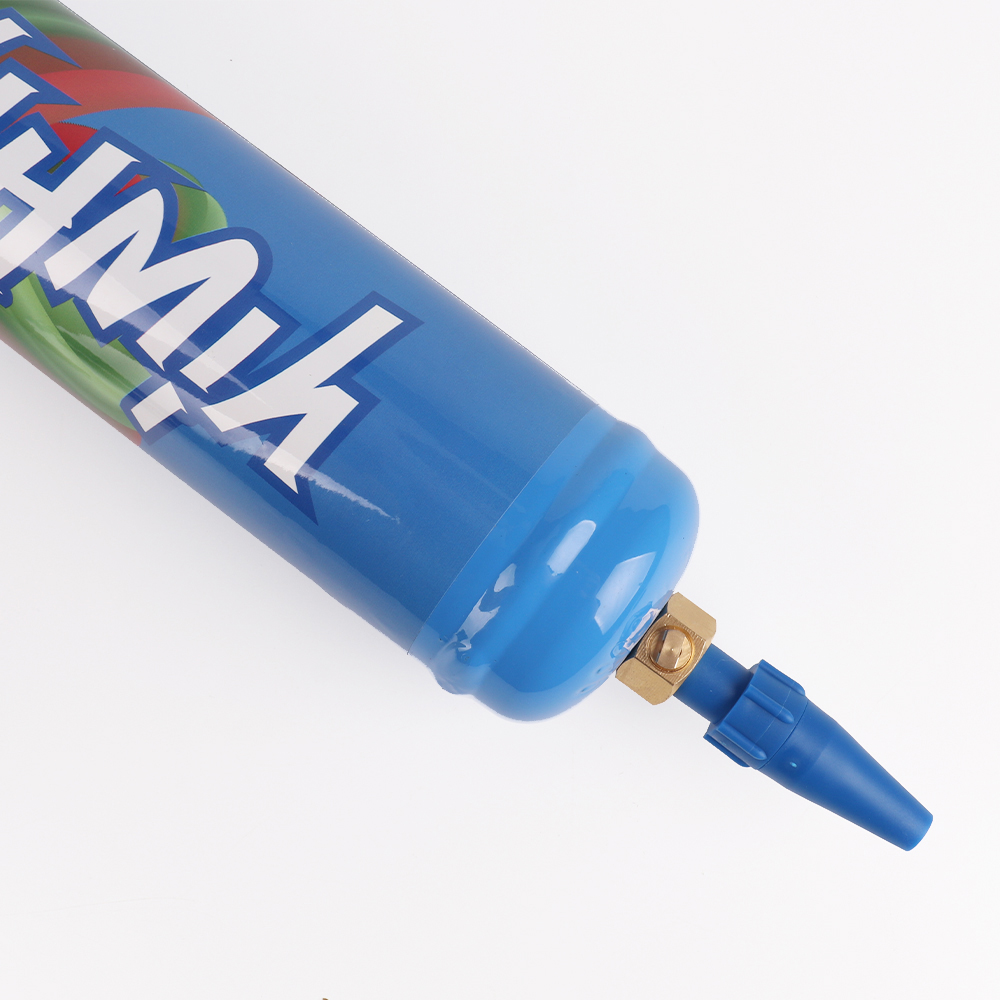The kitchen is a battleground, not between warriors of fire and spice—but rather the quiet competition for quality, speed, and flavor mastery. In this culinary quest to elevate both performance and output lies an unsung hero: best cream chargers. Often underappreciated and misunderstood, these little canisters wield more power in transforming your baking and whipping experience than you might initially suspect—especially when viewed from India's rich yet often budget-conscious kitchens. If you're a passionate cook or even run a local bakery or café, stepping into the domain of cream charger tech can mean unlocking entirely new levels of kitchen capability—and we're here to explore how that’s happening.
A Deeper Look: Why Best Cream Chargers Deserve Kitchen Real Estate
Cream chargers—small, disposable steel cartridges filled with nitrous oxide—are essential tools when creating whipped creams or foam textures for desserts, coffee art, cocktails, and more. Though commonly associated with gourmet cuisine or restaurant-level cooking equipment, their use is rapidly spilling over into home kitchens as urban Indian cooks seek ways to enhance homemade preparations without spending exorbitantly. What may look like just another novelty gas cylinder turns out to be a transformative addition—one with the **potential** to revolutionize everything from birthday cakes to frothy masala chai topping. Let that percolate.
Beyond aesthetics, using professional-grade best cream chargers brings benefits like consistent results, time saving, and preservation of ingredients’ texture—an overlooked but pivotal element of culinary precision.
Top Features to Seek While Selecting Your Charger Partner
Finding the best cream charger means sifting through dozens, maybe hundreds, of available products online today. It isn’t just about brand appeal; functionality should come first. Here are a few criteria every smart buyer considers before hitting 'buy now':
- Made From Food-Grade Steel—Not every cylinder will pass safety audits unless they use stainless steel approved for nitrous storage and direct food application.
- Volume Efficiency—Opt for those offering precise nitrogen content delivery, usually at 0.8 grams of N₂O in a 5-liter volume standard, which allows accurate portions while avoiding wastage.
- Brand Reputation vs Cost—While budget pricing may lure in some, trusted brands invest significantly into quality checks, ensuring purity across multiple use-cycles. Think ahead.
- Easy Disposal Protocols—With increased awareness around e-waste policies in India’s urban sectors, eco-friendly handling is also becoming non-negotiable in long-term purchasing behavior trends within households.
In a land where sustainability conversations intersect regularly with kitchen efficiency, knowing the ins-and-outs pays off—even when something appears so minute on paper as an inert canister. Choose wisely, especially if sourcing beyond tier I city hubs where authenticity risks multiply slightly higher than metropolis centers offer via organized retail players.
Budget-Friendly Brands Making Noise in the Subcontinental Scene
You don’t need to import chargers exclusively from Europe or America—local Indian brands such as *Santook*, or well-reviewed importers like iSi or Liss have found strong demand due to affordability and accessibility across Tier III cities and towns where bulk order systems allow cost-effective buying practices for bakeries, street dessert counters (yes!), or even small event decorators working within budgetary frameworks common among micro-SMEs here. That said,
| Brand Name | Retail Range/5-unit Price Tag(INR) | Eco Packaging Available? |
|---|---|---|
| Santook | ₹380–₹420 /box | Yes – Partial Recyclable Plastic Wrapper Only |
| iSi Premium (Global Brand) | ₹680+/- approx | Paper packaging, No metal-based plastics – Highly Eco Conscious |
| KwikCream | ₹320/- box | Nylon-based outer casing not biodegradable yet |
| Ved International | ₹465/- approx | Uses recycled metals during manufacturing stage |
Price variations often reflect supply chain proximity, tax zones, and last-mile logistic overhead in smaller regions outside large cities where centralized warehouse networks remain scarce—a point of challenge in Indian consumer distribution, yes. But for urban metro consumers ordering via Amazon India, Swiggy Instamart, or Nykaa Home services, convenience offsets any minimal price discrepancy. Ultimately it comes down to user priority: budget alignment? Environmental values? Brand loyalty? Each plays its role uniquely across customer psychographics today.
Whipping Mastery Begins at Hand—with Usage Tips to Perfect Your Flair
Even the best product in world becomes obsolete if not used according to proper protocol. So how do you ensure success every time without ending up with either under-aerated lumps or explosive pressure mishaps?
- Always start with chilled heavy whipping cream—below 15-degree celsius ambient fridge temperature ideal. Warmer bases lead inconsistent air bubbles or poor aeration results;
- Gentle shaking post-dispersion evens fat particles evenly for silky smooth final texture;
- If aiming for advanced recipes, consider incorporating stabilizers like confectioners' sugar—or even alcohol like vanilla, kahlua—which helps bind and preserve shape longer during plating or transport;
- Trouble shooting? Check valve blockages, worn dispenser heads, reusing outdated chargers (a dangerous gamble). These cause leakage issues far worse than mere flat-topped cappuccinos...
- Never over-shake the dispenser chamber immediately after insertion. It increases inner pressure dangerously—particularly important tip if operating under time-sensitive commercial environment settings!
To summarize, knowledge plus technique = creamy consistency every single time, especially useful in monsoon periods in India, where high humidity messes adversely affects delicate air-fat structures during dessert presentations.
Cultural Cross-Pollination: Where Are India’s Most Creative Uses For Best Cream Chargers Happening?
One intriguing observation within domestic culinary experimentation—India has embraced international trends through deeply local adaptations of Western-style foams and meringues, merging global methods with desi flavors. Picture saffron-kesar infused cold foamy drinks at summer fairs, mango lassi clouds crowning festive jalebis, rosewater mousses replacing traditional rabdi... Even savory takes like cardamom-scented garlic chutney served airy atop tandoori dishes have seen adoption among upscale eateries in Mumbai, Chennai, Gurgaon—not just Instagram-famous cafés but even neighborhood sweet makers experimenting during wedding festival cycles.
The modernization of regional gastronomy via accessible appliances is what makes best cream charges so powerful—they act not just as machines but cultural intermediaries, enabling creative hybrid cuisines to emerge naturally instead of being forcefully engineered.
This fusion of old-school traditions with tech-driven creativity exemplifies the very evolution occurring in many parts of contemporary India’s ever-experimentive homefront cooking communities. The best part—none of it relies solely on expensive machinery either. With the right knowledge base, any curious mind can jumpstart innovation inside their regular day-to-day setups easily.

